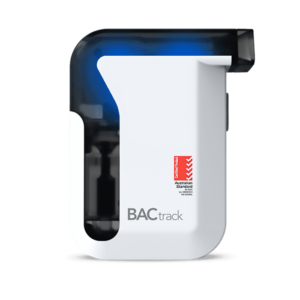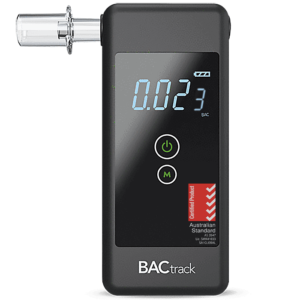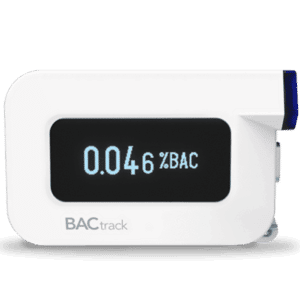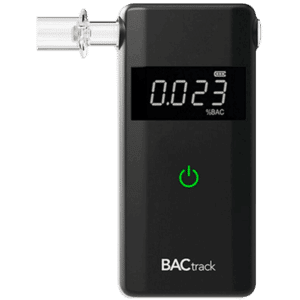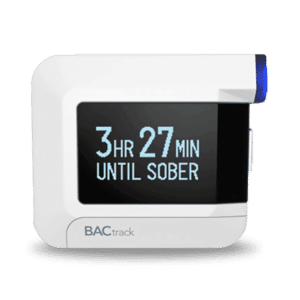Drug and Alcohol Testing Certification HLTPAT005: What Does It Mean?
01 October, 2023

Drug and alcohol testing certification HLTPAT005 is a nationally recognised program that trains individuals in toxicology testing. The program provides participants with competent skills and knowledge for the collection and analysis of drugs of abuse. Moreover, it helps to ensure that companies and individuals get accurate and reliable services in accordance with the Australian Standards. Completing the program qualifies the participant to conduct drug and alcohol testing procedures.
Alcohol and drug use is a serious issue in many workplaces. It increases the risk of accidents and negatively impacts productivity. Hence, employers establish workplace policies to manage substance-related hazards, which include drug and alcohol testing. In addition, employees failing the test may face consequences. Thus, it is vital to have trained personnel to carry out the tests. In this article, we will explore the objectives and scopes of the HLTPAT005 training certification.
Drug and Alcohol Testing Certification HLTPAT005: Definition
Drug and alcohol testing certification HLTPAT005 is an industry-accredited program that equips individuals with knowledge and skills to detect substances in the system. The course is flexible, allowing them to join a classroom training or through online learning. Additionally, it covers theoretical components, practical skills training, and assessment. Hence, it offers a comprehensive approach to drug and alcohol testing.
Training centres employ qualified professionals to teach the course. They have knowledge of industry and technological updates as well as the relevant laws. Furthermore, obtaining a testing certification is beneficial to individuals working in industries like healthcare, transportation, and mining, where testing is often required. This certification can enhance their professional credibility and increase their job prospects.
Companies prioritise hiring individuals with the necessary qualifications in alcohol and drug testing. A successful completion requires participants to pass written and practical components. They must demonstrate the capability to collect and analyse specimens and interpret the results accurately. Moreover, they must meet the chain of custody requirements.
Training Requirements
- There are no formal prerequisites for joining this course.
- During registrations, individuals will take an LLN assessment (language, literacy, numeracy).
- Face-to-face training consists of theory presentations and a range of practical learning activities and scenarios.
- Participants must complete and pass theoretical assessments.
- Participants will need three subjects to test as part of the assessment conditions. For online learning, they must record a video of the testing procedure.
- Students will also complete given tasks or scenarios in a simulated environment.
- For online modules, the completion duration includes the time for the study kit to arrive via post.

Drug and Alcohol Testing Certification HLTPAT005: Scope
The drug and alcohol testing certification HLTPAT005 covers topics covering drugs and alcohol, relevant legislation, and testing procedures. The theoretical part includes topics such as the principles of toxicology, the effects of substances on the body, and how to recognise signs of intoxication or abuse. This forms a fundamental knowledge base for undertaking drug and alcohol tests.
The course materials also cover the procedures for specimen collection techniques, detection, and quantitation of drugs in various specimens. It provides training on how to properly collect, handle, store, and transport samples following a chain of custody process. The chain of custody requirements is essential in legal proceedings. Therefore, it ensures the accuracy and reliability of the test results.
Additionally, the training involves training on how to effectively communicate and document the alcohol and drug testing process. This includes understanding the importance of confidentiality and privacy when dealing with sensitive information. Participants must also comprehend the significance of workplace health and safety. Good communication skills are essential when interacting with individuals, employers, and legal authorities.
Learning Outcomes
At the end of the drug and alcohol testing training course, individuals will know the responsibilities of a collector. They will gain knowledge of the best practice principles to ensure privacy, confidentiality and care of duty. This includes fairness, gender, and cultural sensitivity. Furthermore, they must know how to communicate with clients with respect and handle conflicts.
Most importantly, they will gain skills in preparing the testing materials, handling specimens, and maintaining equipment based on industry standards. They will also learn how to interpret and document the results. Lastly, they must be aware of the legal implications if proper procedures are not followed.
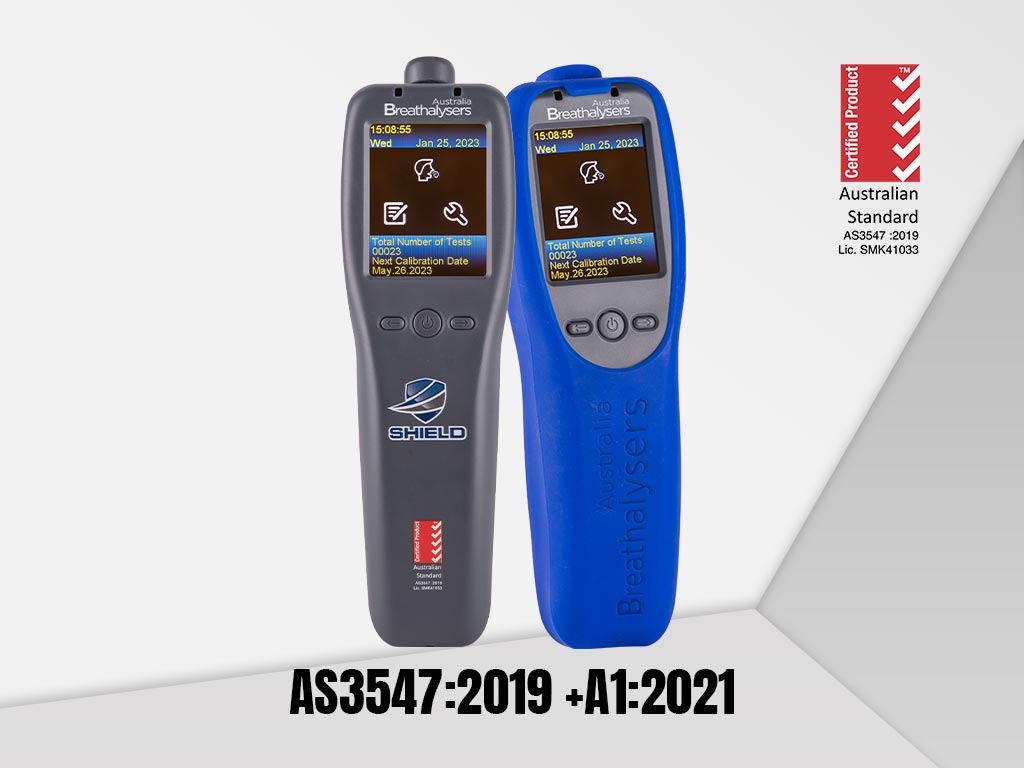
Drug and Alcohol Testing Certification HLTPAT005: Specimen Collection Procedures
The drug and alcohol testing certification HLTPAT005 covers the specimen collection procedures for urine, oral fluid, and breath testing. Firstly, the urine drug testing adheres to AS4308 guidelines. It includes the collection of urine specimens in a workplace setting. The course will also teach the cut-off levels on what constitutes a non-negative result.
Secondly, the oral fluid drug testing. It adheres to the AS4760 guidelines. It involves the collection, detection, and analysis of drugs through a mouth swab. Similar to urine testing, it includes certain cut-off levels for screening and confirmation testing. Collectors must follow specific procedures to obtain the samples correctly. Oral fluid tests are beneficial for on-the-spot testing.
Lastly, breathalyser testing adheres to AS3547 guidelines. It involves the quality assurance of the device to deliver consistent and accurate results. Breathalysers are testing devices that detect alcohol and measure Blood Alcohol Concentration (BAC) in the breath sample. The device undergoes rigorous testing and meets the recalibration requirements. Moreover, professional breathalysers employ fuel cell sensor technology to give highly reliable BAC readings.
Accuracy and Reliability
The drug and alcohol testing certification focuses on standard procedures to ensure accuracy and reliability. The procedures include strict protocols for the collection, handling, storage and transport of specimens to maintain the integrity of the samples. It also covers the chain of custody requirements, which is critical in legal compliance.
These factors enable collection centres to conduct consistent testing practices across many industries. Following the correct procedures help minimise false positives or negatives. Thus, businesses can rely on qualified drug and alcohol testing officers. Furthermore, refresher courses are available to update the skills of collectors.
Conclusion
Drug and alcohol testing certification HLTPAT005 is an essential requirement for individuals who want to work in the testing industry. It includes theoretical and practical training about drug and alcohol use, relevant laws, testing procedures, and client management. Additionally, it covers specific protocols for the sample collection of urine, oral fluid, and breath for the detection and quantitation of drugs of abuse. Through the program, participants will learn how to prepare the procedures and interpret the results.
The significance of the training ensures the accuracy and reliability of drug and alcohol testing. It is critical for workplaces to hire reliable services or use certified devices to avoid inaccurate results. Therefore, it mitigates legal liabilities that may arise due to wrong outcomes. Ultimately, it helps make the workplace environment safe and productive. It results in fewer accidents, lower costs, and healthy relationships.


















